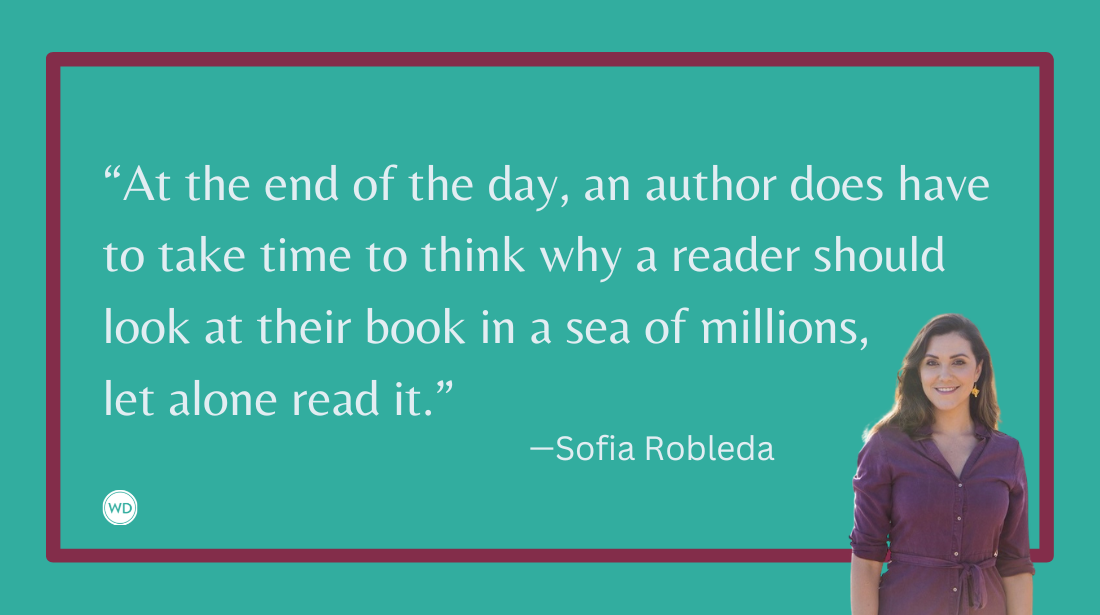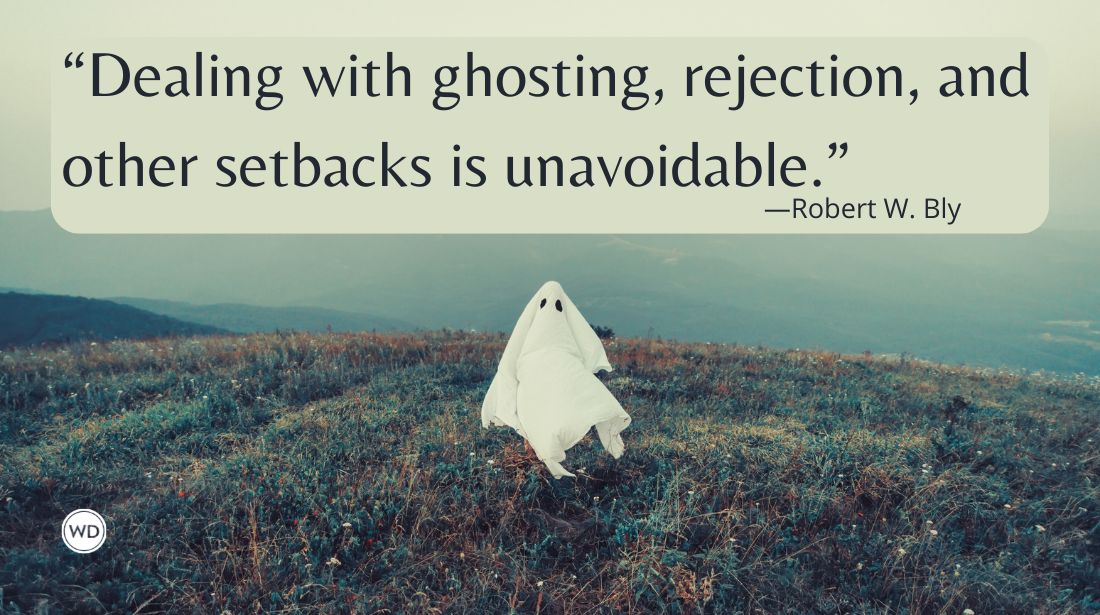Capturing Souls: How My Photography Career Helped Me Publish a YA Dystopian Romance Novel
Professional photographer Rebecca Danzenbaker shares how her career in photography prepared her for getting her debut novel published.
Will we someday have the technology to track souls from life to life? That’s the question I asked myself 15 years ago while driving past a cemetery. Sounds like a fun premise for a young adult novel, doesn’t it? My husband agreed, setting the idea in stone, but two roadblocks kept me from pursuing it.
One, I’d never written a novel before. Didn’t even know where to start. And two, I was building a photography business, working full time in the corporate world, and co-parenting two rambunctious toddlers. I had enough on my plate. The novel would have to wait.
Spoiler alert: That novel, Soulmatch, publishes July 29th with Simon & Schuster. So, how’d I get from there to here? Photography made me do it.
In 2013, three years after my lightbulb moment, I left my corporate job and became a full-time photographer. I specialize solely in portraiture, which may sound strange coming from someone who self-identifies as an introvert. But I love meeting people, hearing their stories, and looking through the lens to capture the very essence of who they are…their souls, if you will.
My business grew and prospered. I won awards and was fully booked six-to-eight months in advance. Then, as was the fate of most small business owners, it all came to a screeching halt in March 2020. Photography is not an essential business, but it was essential to me. I went from spending 12 hours a day taking and editing photos, emailing clients, marketing, and keeping my business running to doing absolutely nothing. The jarring change was enough to bring about my first-ever panic attacks.
My kids were twelve and fourteen and didn’t need or want constant supervision. My husband was on back-to-back Zoom calls, and I could only make so much bread. Lying in bed one night, discussing our fears and brainstorming ideas, I blurted out, “Well, I always said I’d write that novel if I had the time.” I said it as a joke, but the next day, halfway through a Photoshop workshop on CreativeLive.com, I hit pause, took a deep breath, and searched their site for “how to write a novel.”
The only result was a three-day workshop called “Wired for Story: How to Become A Story Genius,” led by Lisa Cron. Sounded perfect. I pulled out a notepad and clicked “Buy.” By the end of the exercises, I had a rough outline for a character-driven novel and held the reins to a dystopian world I could bend to my will. Turns out that was the perfect remedy for someone struggling to comprehend their dystopian reality.
My work ethic took over. The hours I used to devote to taking and editing photos were spent typing and editing words. I shared each new chapter with my husband and best friend the way I shared galleries with clients, reveling in their encouraging compliments. Two months later, I had a first draft and was obsessed with it. I was humble enough to know the story needed work, but I also felt deep in my bones that Soulmatch would be published someday. I just needed to figure out how.
Launching my photography business required years of research, trial and error, sleepless nights, and dog-headed determination. But I’d accomplished a lofty goal once. I could do it again.
I contacted a published friend for a primer in the industry, another for help with my query letter. I joined the once-flourishing writing community on Twitter. And revised, revised, revised. The rejections kept mounting (whew, that was tough), but fortified by the support of friends and family, I pushed on. Maybe next time. Maybe this pitch. Maybe this revision.
Finally, I signed with an agent. Hoorah! Surely a book deal was close behind!
Ha. Did I mention I‘d written a YA dystopian novel? In Soulmatch, teens report to the government on their 18th birthdays to learn about their past lives and if they have a soulmate. Because I’m fascinated by stories where a new world order emerges from advancements in existing technology, the method for identifying souls stems from improved photo resolution. Perhaps someday we’ll be able to zoom in enough to see the unique markers of someone’s soul. Believable… and terrifying if the government holds souls accountable for past crimes. They could literally capture souls.
But in 2021, YA dystopian was not selling.
Nor was it in 2022.
In March 2023, I pulled up Publisher’s Marketplace, saw an announcement for Jill Tew’s The Dividing Sky, and sat upright. Though her debut was described as “sci-fi romance,” I saw it for what it was. Futuristic Boston? Memory dealer? Corrupt government? Oh yeah, dystopian all the way. Hope blossomed once again. (Side note: The Dividing Sky is incredible. Highly recommend.)
Around the same time, my agent asked if I wanted to try another round of submissions with Soulmatch or begin submitting my next manuscript. I sent her Jill’s announcement and said I wasn’t ready to give up. We had a book deal a month later.
I’ve often claimed Soulmatch’s main character is nothing like me. But I take it back. She gets repeatedly knocked down, her plans subverted, her heart broken; but her tenacity, family, and friends keep her going until she finally attains her happily ever after. If I knew from the outset five years would pass before Soulmatch hit the shelves, I’m not sure I would’ve stuck with it. Coincidentally, it also took five years of blood, sweat, and tears to become a full-time photographer. Now that I’m on the other side of both, I don’t regret the pursuit of either.
As a photographer, I have the honor of capturing the beauty of my clients’ souls. I’ve poured my own into pages you’ll soon be able to hold in your hands. May the story elicit the same emotions as a meticulously crafted portrait, and may it help you see the world through a new lens. But if you’re simply pleased with the final product, I’ve done my job.
Check out Rebecca Danzenbaker's Soulmatch here:
(WD uses affiliate links)









